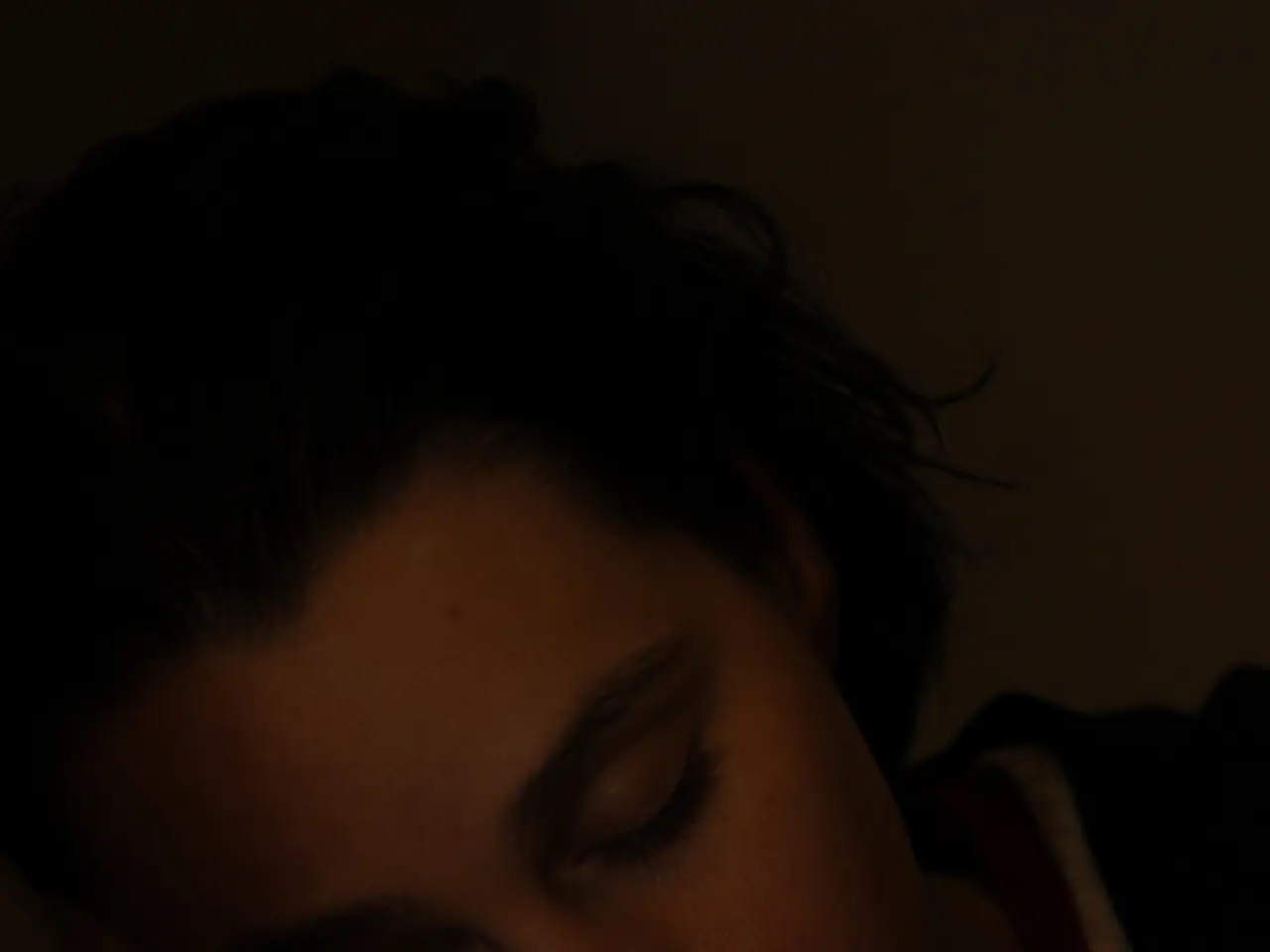Zoloft's potential impact on sleep patterns
Zoloft, also known as sertraline, is a widely used antidepressant medication that belongs to the class of selective serotonin reuptake inhibitors (SSRIs). However, one of the most common side effects of this medication is insomnia. This article provides a guide on effective strategies for managing insomnia caused by Zoloft.
If you're taking Zoloft and experiencing difficulty sleeping, it's essential to consult your prescriber first. They may suggest changing the dosage, switching the time you take Zoloft (e.g., taking it in the morning instead of evening), lowering the dose, or even switching to another antidepressant with sedative effects like trazodone or mirtazapine if insomnia persists.
Practicing good sleep hygiene is another crucial step in managing Zoloft-related insomnia. This includes maintaining consistent sleep and wake times, avoiding caffeine at least 6 hours before bedtime, limiting screen exposure for at least 1 hour before sleep, creating a calm and relaxing bedroom environment, and engaging in regular daytime exercise and sunlight exposure.
In addition to medication management, considering cognitive behavioral therapy for insomnia (CBT-I) can be beneficial. CBT-I is an effective non-pharmacological approach to retrain sleep patterns, especially if insomnia continues despite medication adjustments.
It's important to note that typically, Zoloft-related insomnia may improve after a few weeks of treatment. However, if symptoms persist and interfere with daily functioning, professional guidance is crucial to explore alternative treatments or supportive therapies.
Symptoms of insomnia include difficulty falling asleep, difficulty staying asleep, and waking up too early in the morning. Creating a comfortable sleep environment is a good sleep habit that can help improve sleep quality. Regular exercise can also help improve the symptoms of insomnia.
Insomnia is rarely an isolated medical or mental illness and may occur as a symptom of another illness or due to a person's lifestyle or work schedule. It's essential to remember that if a person taking Zoloft experiences anxiety, restlessness, irritability, aggressiveness, or insomnia, they should contact their doctor.
Insomnia is a sleep disorder that causes a person to not get enough sleep to function efficiently during the day. Maintaining a regular sleep schedule is a good sleep habit that can help improve sleep quality.
Avoiding certain foods before bedtime, such as caffeine and alcohol, is a good sleep habit that can help improve sleep quality. Smoking may increase a person's risk of developing insomnia.
In some cases, Zoloft may cause several different side effects, including headaches, nausea, diarrhea, dry mouth, increased sweating, nervousness and restlessness, fatigue, problems with orgasm or ejaculation, hyponatremia, angle-closure glaucoma, serotonin syndrome, and increased bleeding events. If you experience any of these side effects, it's crucial to consult your healthcare provider immediately.
In conclusion, managing insomnia caused by Zoloft involves a combination of medication management with lifestyle and behavioral interventions. By following the strategies outlined in this article, you can help reduce insomnia caused by Zoloft while maintaining effective treatment of your condition. Always remember to consult your healthcare professional before making any changes to your medication or treatment plan.
If you're experiencing persistent insomnia while taking Zoloft, consulting a medical professional for guidance on adjusting medication dosage or switching to a different antidepressant with sedative effects may be beneficial. Regular exercise, following good sleep hygiene practices, and considering cognitive behavioral therapy for insomnia (CBT-I) can also aid in managing sleep issues related to Zoloft. It's essential to note that insomnia is often linked to underlying medical or mental health conditions, lifestyle factors, or work schedules, so addressing these factors can further improve sleep quality.




